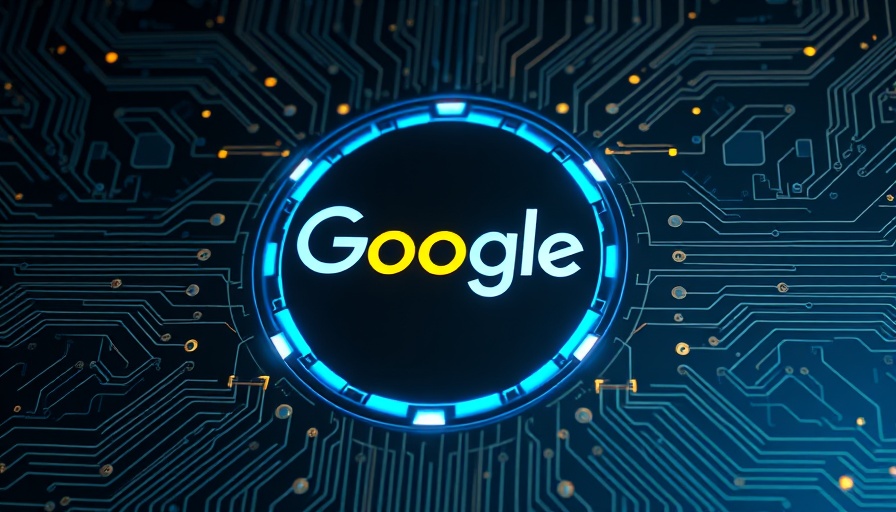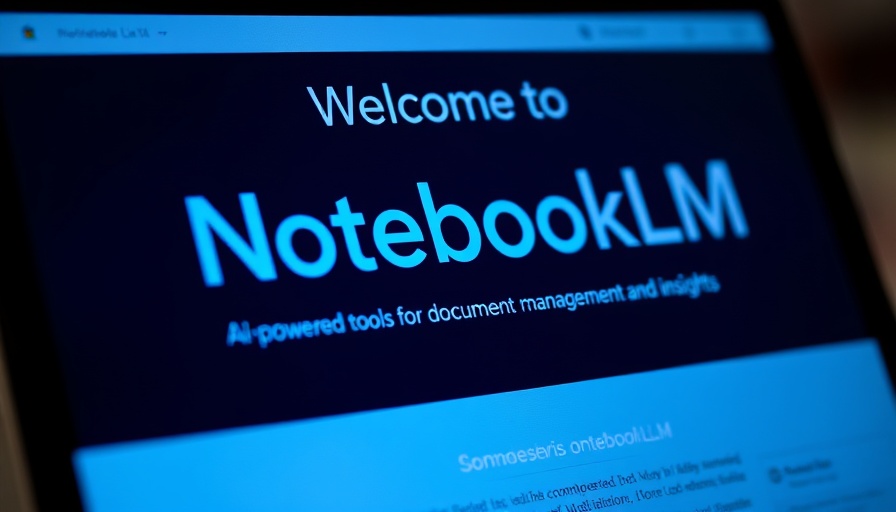
Envisioning the New Role of AI Chatbots
As OpenAI embarks on its bold journey to transform ChatGPT into an AI “super assistant,” the implications for business and personal productivity could be monumental. This development has stirred significant conversations among technology leaders about how digital tools will reshape interactions and workflows within various industries. From managing schedules to providing personalized recommendations, the blueprint reveals ambitions that extend past mere functionality to creating intuitive experiences for users.
The Emergence of the AI-Powered Companion
The essence of the proposed super assistant goes beyond what users might expect from traditional software. OpenAI’s vision bracketed ChatGPT within a “T-shaped” framework, emphasizing its capability to handle mundane tasks while offering deep expertise when needed most. Imagine employers instantly finding value in tools that not only assist in routine functions like note-taking but also serve as mentors for employees attempting complex tasks like coding or data interpretation.
Anticipated Competition: Who’s Watching?
The internal strategy document also hints at the fierce rivalry OpenAI anticipates from other tech giants, particularly Meta, in areas where users are likely to perceive a seamless integration across platforms. As firms invest heavily in competing AI technologies, the race is on to see which can create the most cohesive user experience. With users and consumers expecting more omnipresent support systems, each firm must now navigate the fine line between innovation and consumer privacy, showcasing effective solutions without compromising user trust.
The Ethical Landscape of AI Integration
As automation technology becomes more integrated into our daily lives, ethical considerations must be at the forefront of discussions. Companies like OpenAI are advocating user choices—like selecting ChatGPT as their default assistant—which highlights an emerging conversation about autonomy in AI usage. However, the ethical implications of such power in AI-generated decisions could lead to consequences that demand regulations and oversight. Thus, balancing innovation with a sound ethical approach becomes critical for AI developers and businesses moving forward.
Future Outlook: What Will 2025 Bring?
OpenAI's projections for 2025 seem optimistic, suggesting a well-oiled machine that streamlines everyday operations. However, they’re not without challenges. For instance, the need for robust infrastructure to support an expanding user base is pivotal. OpenAI is proactively investing in this area, recognizing that without a conducive environment, the operational goals cannot be met.
Making Informed Business Decisions with AI Insights
This shift towards AI super assistants is not merely a tech trend; it’s a call for businesses to adapt their strategies accordingly. With generative AI at the helm of decision-making processes, companies must consider how these tools can enhance productivity and creativity. Embracing AI offers a distinct advantage, giving businesses the chance to leverage data more effectively and engaging their teams distinctly.
A Call to Action: Engage, Adapt, and Innovate
As we stand on the brink of potentially transformative developments in AI, the invitation is clear: Leaders in the tech and marketing sectors—such as yourself—must prepare to engage with these innovations purposefully. The future belongs to organizations that adapt early to such advancements, cultivating a culture that leverages AI to not just enhance productivity but foster deeper connections within their teams and with their audiences. Let this drive not only your operational efficiencies but also your innovation strategies for a responsive future.
 Add Row
Add Row  Add
Add 




 Add Row
Add Row  Add
Add 

Write A Comment